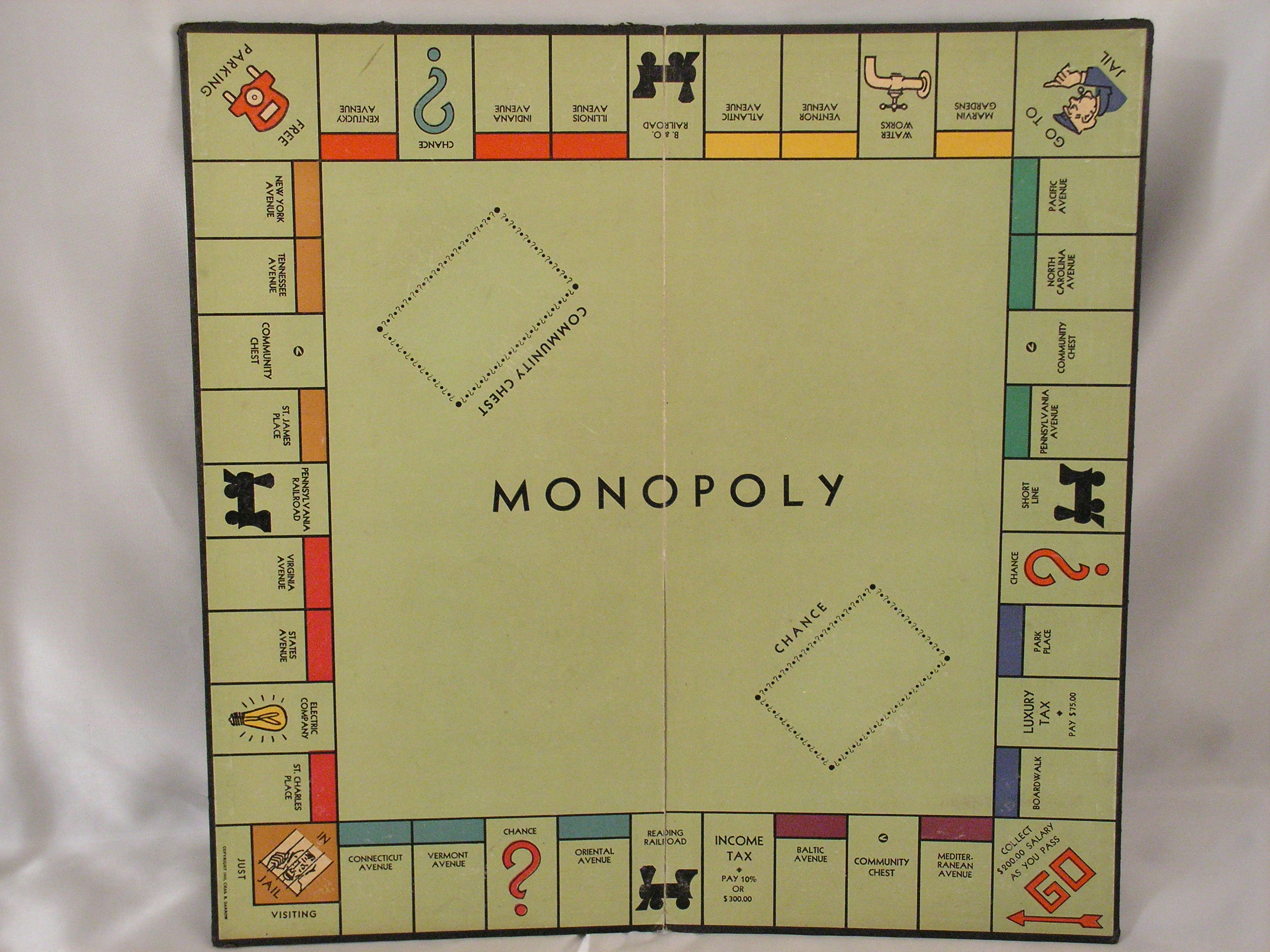

But she also appeared in plays, and wrote poetry and short stories. Magie worked as a stenographer and typist at the Dead Letter Office in Washington, D.C., a repository for the nation’s lost mail.

Or is it? I spent five years researching the game’s history for my new book, The Monopolists: Obsession, Fury, and the Scandal Behind the World’s Favorite Board Game, and found that Monopoly’s story began decades earlier, with an all-but-forgotten woman named Lizzie Magie, an artist, writer, feminist and inventor. He called the game Monopoly, and when he sold it to Parker Brothers he became fantastically rich-an inspiring Horatio Alger tale of homegrown innovation if ever there was one. In the 1930s, at the height of the Great Depression, a down-on-his-luck family man named Charles Darrow invented a game to entertain his friends and loved ones, using an oilcloth as a playing surface.


 0 kommentar(er)
0 kommentar(er)
